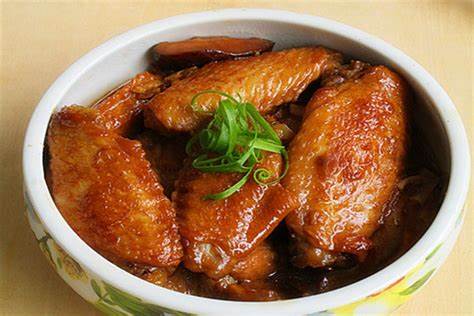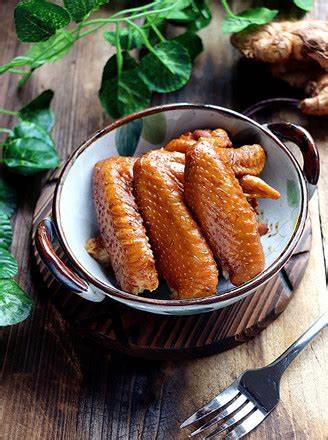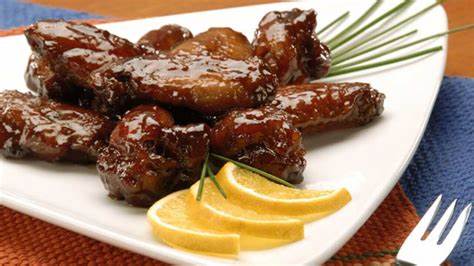Across many regions, the tale of ‘Imperial Concubine Chicken’ circulates widely. This dish, known for its exquisite flavor, leaves a lingering taste that captivates the palate. Much like other renowned dishes, ‘Imperial Concubine Chicken’ comes with a fascinating backstory. Some culinary tales are mere fabrications, like the various legends of Emperor Qianlong’s culinary adventures in Jiangnan, while others, such as ‘Dongpo Pork’—credited to the food-loving poet Su Dongpo—are rooted in historical events.
The Legend of Imperial Concubine Chicken
Legends, often spread by word of mouth, might not be accurate historical accounts, but they certainly add a layer of intrigue. The tale of ‘Imperial Concubine Chicken’ is associated with Yang Guifei, the famed beauty whose charm captivated Emperor Xuanzong of the Tang dynasty. Originally the consort of Prince Shou, Yang Guifei later became Emperor Xuanzong’s favorite, enchanting him to the extent that he neglected state affairs.

One fateful evening, while reveling under a moonlit sky at the Peony Pavilion, Yang Guifei, slightly tipsy, whimsically declared her desire to ‘fly to the sky’. Mistaking her words, the equally inebriated emperor ordered the royal kitchen to prepare a dish named ‘Fly to the Sky.’ The perplexed chefs were at a loss until a seasoned chef suggested that the dish might involve something akin to an eagle, considering its flight abilities. The resulting dish—a hastily made braised eagle—was a disaster, with tough, sour meat unfit for royal consumption.
At this critical moment, a cook named Su Kongtou proposed using the tender meat of a young chicken. This idea led to a delightful concoction of tender chicken, mushrooms, bamboo shoots, and green peppers, simmered to aromatic perfection. When served, the dish revived Yang Guifei’s spirits, and even Emperor Xuanzong found it delicious. When asked for the dish’s name, the attending eunuch declared it was ‘Fly to the Sky,’ but Yang Guifei, finding the name too common, christened it ‘Imperial Concubine Chicken’ in her honor, a suggestion that won the emperor’s hearty approval.
With time, Su Kongtou retired to Suzhou, taking the recipe with him, and this royal delicacy soon gained popularity in the region. Certainly, this tale remains apocryphal, a fanciful story passed down through generations.

The Origins of Imperial Concubine Chicken
While folklore abounds, the true origins of ‘Imperial Concubine Chicken’ are somewhat ambiguous. One theory suggests that this dish emerged in 1920s Shanghai, a period when the city was a bustling cosmopolitan hub. Here, the famed chef Guo Chenglin ingeniously named the dish ‘Imperial Concubine Chicken’ to resonate with the contemporary craze for the Peking opera ‘The Drunken Concubine,’ capturing the fascination of Shanghai’s elite.
Originally, this dish consisted of braised chicken wings and assorted vegetables served in a clay pot. Its modern incarnation owes much to chef Shen Zifang of Meilong Town Restaurant, the so-called ‘founder of Haipai Sichuan cuisine,’ who refined the dish into a partially brothy, partially solid culinary delight. Interestingly, ‘Guifei Chicken’ also refers to a breed of chicken from England known for its succulent and tender meat, sometimes used by chefs to enhance the dish’s flavor profile.
The Comfort of Food
Food has a unique ability to warm the heart and soul. Consider a fragrant floral pastry in spring, a refreshing vegetable drink in summer, a bubbling pot of chicken soup in autumn, and a comforting bowl of lamb stew in winter. The sense of security and joy that food provides is unparalleled.

